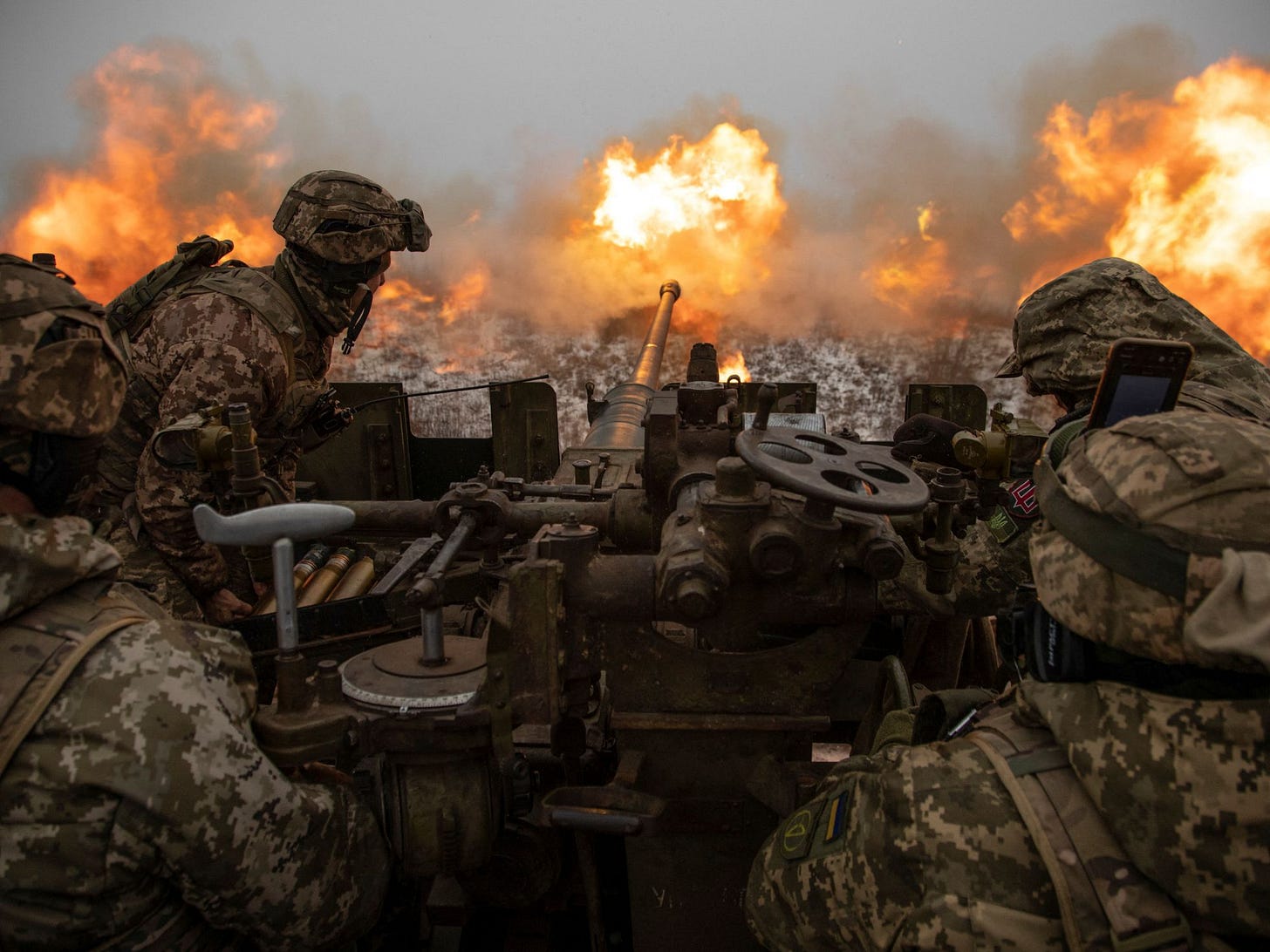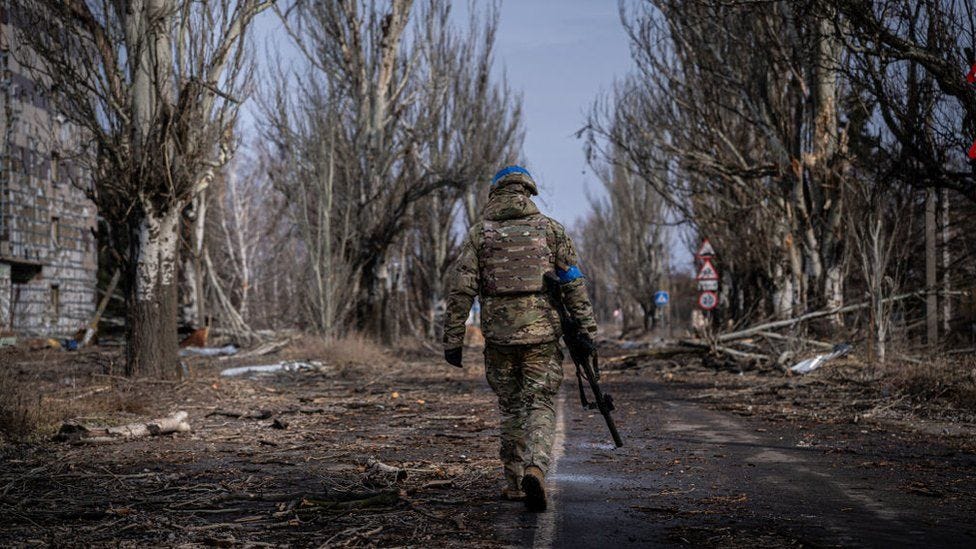Surviving Four Hours: The Harrowing Reality for Soldiers on Ukraine's Front Lines.
The conflict in Ukraine is a complex issue with political and historical roots that stretch back many years. In 2014, protests erupted in Ukraine against the government of President Viktor Yanukovych, who was seen as pro-Russian. Yanukovych was eventually forced to flee the country, and a new pro-Western government was installed. However, this led to tensions with Russia, which saw the new government as a threat to its interests in the region.
The conflict in Ukraine has been fueled not just by political and historical factors, but also by economic considerations. Ukraine is a key transit country for Russian natural gas exports to Europe, which provides a significant portion of Russia's revenue. In 2014, Ukraine sought to deepen its ties with the European Union and reduce its dependence on Russia, which led to a dispute over natural gas prices and ultimately the annexation of Crimea. The conflict has also impacted the Ukrainian economy, with most businesses and industries in the conflict zone forced to shut down or relocate. The ongoing war has also hindered foreign investment and economic growth in the country, further exacerbating the already difficult situation for many Ukrainians.
Russia subsequently annexed Crimea, a region of Ukraine that has a large ethnic Russian population, and supported separatists in eastern Ukraine who declared independence from the Ukrainian government. The conflict has since escalated into a full-scale war, with both sides accusing the other of aggression and human rights violations.
The war has resulted in the deaths of thousands of people, many of whom are soldiers fighting on the front lines. One of the most heartbreaking aspects of this conflict is the short life span of soldiers on the front lines. It has been reported that soldiers in Ukraine have a life expectancy of just four hours on the battlefield. We will explore the reasons behind this statistic and the impact it has on the soldiers and their families.
The average life expectancy of a front-line soldier in eastern Ukraine is just four hours, a retired US Marine fighting alongside Ukrainian forces in the Donbas region, Troy Offenbecker stated. This is definitely a shocking statistic, but unfortunately, it is not uncommon in modern warfare. Fighting in Bakhmut is so bad, Offenbecker said, that it's been dubbed "the meat grinder." The reasons behind this short life span are many. Firstly, the nature of modern warfare means that soldiers are often exposed to advanced weapons and technology that can kill them quickly and efficiently. This includes things like drones, long-range artillery, and precision-guided missiles.
Eastern Ukraine's war-torn city of Bakhmut has been the site of some of the bloodiest fighting since Russia's invasion of its neighbor began almost one year ago. Bakhmut, which is in Ukraine's occupied Donetsk region, has been besieged by Russian forces throughout much of the war. Late last year, Ukrainian President Volodymyr Zelenskyy said it had been reduced to "burned ruins." The battle for the city, which had a prewar population of about 73,000 people, is the longest running of the war. Bakhmut has been a major target for Russian offensive forces, which include both its regular military and the notorious Wagner Group, a Kremlin-linked mercenary organization. Russia has been under "increasing political pressure" to claim some victories ahead of the anniversary of the invasion, according to a Monday intelligence update from Britain's Defense Ministry.
Soldiers on the front lines are often in exposed positions with little to no cover. This means that they are left as open and easy targets for enemy fire and can be killed quickly. The lack of proper equipment and protective gear for soldiers only exacerbates this problem. We have seen numerous companies across the globe send aid to assist the soldiers on the frontlines. Numerous body armor companies across the US have sent thousands of Body Armor Plates, Helmets, Plate Carriers, and IFAKs for use on the battlefield. Western intelligence estimates that Russia may have suffered as many as 200,000 casualties while fighting in Ukraine, including up to 60,000 troops killed.

Many soldiers on the front lines are often inexperienced and poorly trained due to many of the soldiers fighting in Ukraine being conscripts who have had only a few months of training. Many fighters were just working regular everyday jobs like many civilians, then thrusted into combat to protect their freedom. They all are not used to bullets flying overhead, let alone the direct impact of mortar fire near them. This means that they are not as prepared for combat as they could be and are more likely to make mistakes that can cost them their lives.
The impact of the four-hour life span for soldiers on the front lines is devastating. Families of soldiers must live with the constant fear that their loved ones may not return from the battlefield. The soldiers themselves are forced to confront their own mortality every day and must live with the knowledge that they may not make it home alive. This alone can turn the tide of a fight, causing men to doubt their abilities knowing they will possibly only have four hours to live and try and liberate their country.
The impact of the conflict in Ukraine extends beyond the physical damage and loss of life. Soldiers and civilians alike have been subjected to trauma and psychological stress due to the violence and uncertainty of the conflict. Soldiers on the front lines are exposed to constant danger, and the short life expectancy of soldiers in Ukraine only adds to their stress and fear. Civilians in conflict zones also face trauma and fear, as they are often caught in the crossfire and forced to flee their homes. The impact of the conflict on mental health has been exacerbated by the lack of resources and support available to those affected. It is important to recognize the psychological toll of the conflict and to provide support for those who have been affected.
Furthermore, the loss of so many soldiers in such a short period of time has a demoralizing effect on the military as a whole. It can be difficult for soldiers to remain motivated and continue fighting when they know that their comrades are dying so quickly.
The four-hour life span for soldiers on the front lines in Ukraine is a tragic statistic that highlights the brutality of modern warfare. The reasons behind this short life span are many, including advanced weapons and technology, lack of protective gear, and inexperienced soldiers. The impact of this statistic on soldiers and their families is devastating, and it is a reminder of the human cost of war.


